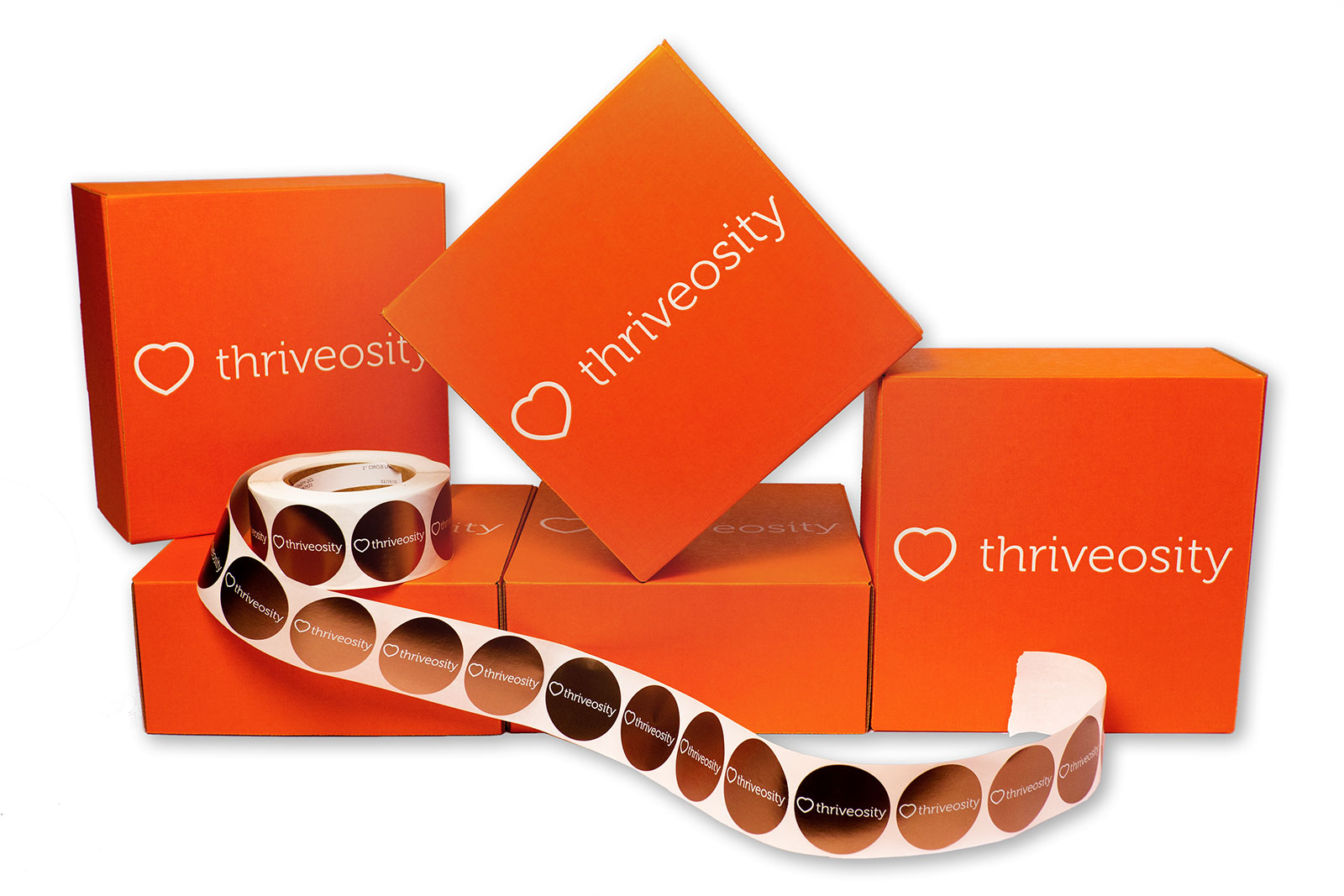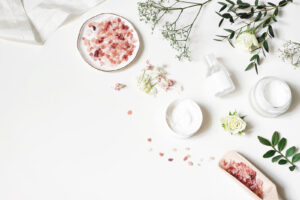Absence of disease doesn’t equal wellness. Just ask Ritu Trivedi-Purohit, Psy.D., a clinical and onco psychologist and the founder of Thriveosity, an all-natural and organic subscription box for those affected by cancer. “Just because treatments are over and you have a clean bill of health doesn’t necessarily mean you are well,” she says.
After years of working with patients and recognizing their need for support and care beyond treatment, Trivedi-Purohit founded Thriveosity as a way to address the gaps in care. “I just felt this calling to do something both intended to help and support patients and [that was] feeding my soul in a very meaningful way,” she says. “We wanted to make sure we could give them the tools to help them stay abreast.”
In her work, Trivedi-Purohit identified five “challenge areas” among her patients: nutrition, cognition, skin care, aromatherapy, and what she calls “the basics,” meaning comfort items and essentials. Thriveosity boxes come in different categories, broken down by gender, age, and occupation (think patient versus caregiver).
Trivedi-Purohit’s background in psychology makes her the perfect curator for each Thriveosity box. According to Trivedi-Purohit, developments and advancements in treatment for cancer have created a new community of survivors and thrivers. And although their numbers continue to grow, there have not been adequate services to address their particular concerns. Trivedi-Purohit is usually the one who spends time with them during and after their treatments.
“Long effects of chemotherapy and radiation have improved over time and have less harsh ramifications for people physically, mentally, and psychologically. But there still continues to be a significant gap in the management of the rest, if you will,” Trivedi-Purohit says.
The “rest,” as Trivedi-Purohit defines it, is the emotional and psychological well-being of patients. According to a 2016 report from the journal Clinical Advances in Hematology & Oncology, the management of psychological issues in oncology is critical to the care and survival of patients. “Psychiatric disorders are now recognized to occur in approximately 30% to 60% of patients who are newly diagnosed with various types of cancer,” the report states.
I just felt this calling to do something both intended to help and support patients and [that was] feeding my soul in a very meaningful way.
Trivedi-Purohit found that patients who were the most successful in healing also had a positive, healthy outlook and connection to the larger world. “I had [a client who] was in active treatment for breast cancer, and she really defied every notion I had of what cancer looked like and what patients dealing with cancer really look like,” she begins. “I learned a tremendous amount from her and working with her over the course of the year.”
This anecdotal evidence backs up years of research, which has found that patients who can successfully navigate a new cancer diagnosis do so by developing a “new normal.” What that new normal looks like varies from patient to patient, but what is most important is its establishment.
Distress, which the International Psycho-Oncology Society and the Union for International Cancer Control now call the “sixth vital sign,” is present in all patients with cancer. How the world, including medical professionals, address that distress can, in some ways, “make or break” a diagnosis. As the report states, “Evidence suggests that addressing psychosocial, emotional, and physical symptoms early in the cancer trajectory, through such steps as palliative care or psychological interventions, may influence survival outcomes.”
It seems Thriveosity came at the exact right time. “We’ve learned that the need is even greater than we initially recognized,” Trivedi-Purohit says. “I wanted to fill that gap, and I saw Thriveosity as the very tip of the iceberg.”
Monthly Thriveosity boxes begin at $50 per month for a six-month subscription and increase from there. Each Thriveosity box is shipped on the 30th of the month and can include everything from blueberry-almond granola to natural deodorant. Trivedi-Purohit chooses products to match the season, so a customer may receive a sun hat in the summer and a reusable coffee cup in the winter.
More than anything, Trivedi-Purohit aims to select products that soothe rather than irritate the distress of a cancer diagnosis, and a portion of the proceeds from every box goes to organizations dedicated to cancer research, advocacy, and patient education. She wouldn’t want it any other way. “What can we do immediately, even in a small way, to help these patients to manage better?” Trivedi-Purohit asks. “This really grew very quickly into something substantive, but it started from a very basic understanding and a desire to help, and from that, we’ve been so fortunate that we’ve been able to get the word out.”







